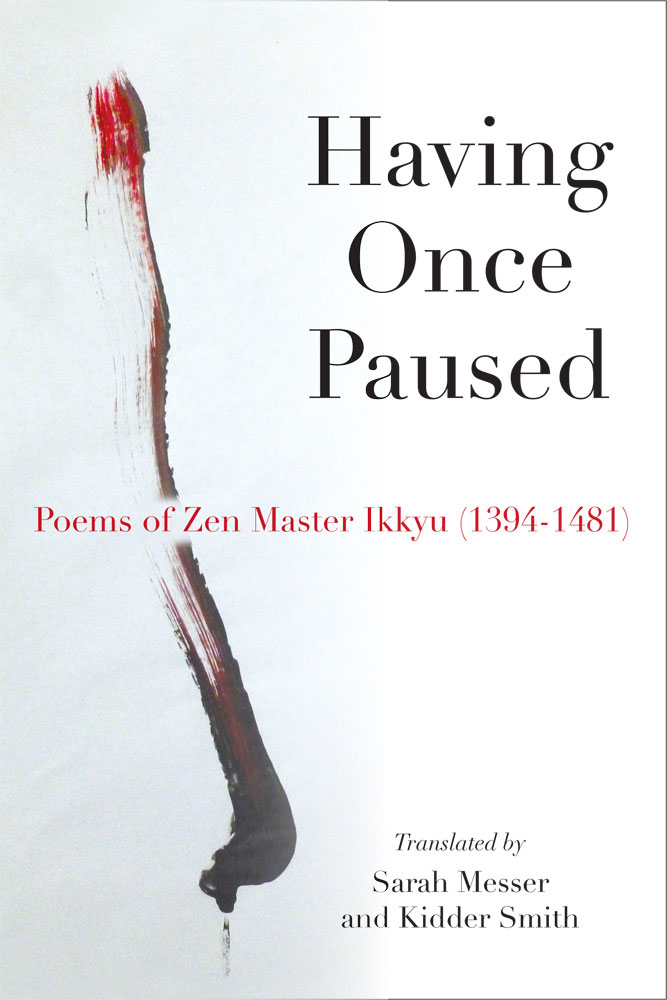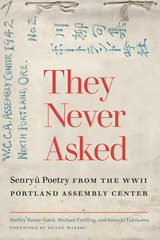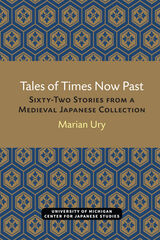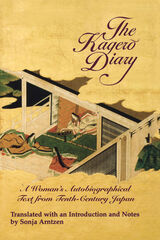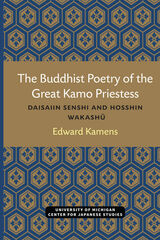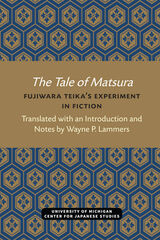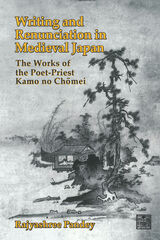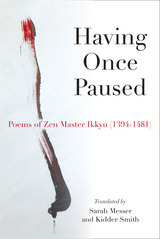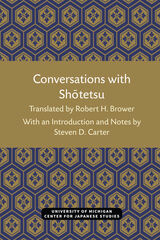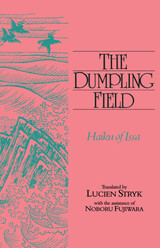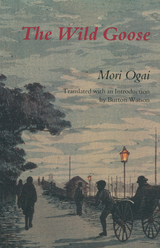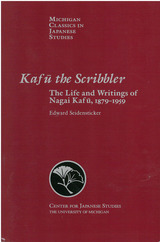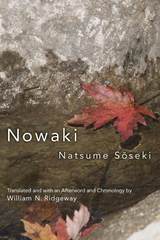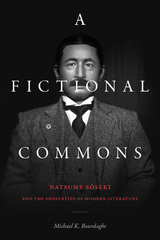Having Once Paused: Poems of Zen Master Ikkyu (1394-1481)
University of Michigan Press, 2015
Cloth: 978-0-472-07256-9 | Paper: 978-0-472-05256-1 | eISBN: 978-0-472-12095-6 (standard)
Library of Congress Classification PL792.I35A2 2015
Dewey Decimal Classification 895.6122
Cloth: 978-0-472-07256-9 | Paper: 978-0-472-05256-1 | eISBN: 978-0-472-12095-6 (standard)
Library of Congress Classification PL792.I35A2 2015
Dewey Decimal Classification 895.6122
ABOUT THIS BOOK | AUTHOR BIOGRAPHY | TOC | REQUEST ACCESSIBLE FILE
ABOUT THIS BOOK
The influence of Zen Master Ikkyū (1394-1481) permeates the full field of medieval Japanese aesthetics. Though best known as a poet, he was central to the shaping and reshaping of practices in calligraphy, Noh theater, tea ceremony, and rock gardening, all of which now define Japan’s sense of its cultural tradition. Ikkyū is unique in Zen for letting his love of all appearance occupy him until it destroys any possibility for safety or seclusion. In his poetry, he turns the eye of enlightenment to all phenomena: politics, pine trees, hard meditation practice, sex, wine. A lifelong outsider to religious establishments, Ikkyū nonetheless accepted Imperial command to rebuild his home temple, Daitoku-ji, destroyed in the civil wars. He died before that project was complete.
The poems in this collection express the unborn bliss of Ikkyū’s realization and equally his devastation at the horrors of this world. They are peopled with ancient Chinese poets, cantankerous Japanese Zen Masters, contemporary warlords, and his lover Mori, a blind musician who lived with Ikkyū the last eleven years of his life. All of this is his Buddhism. His awakening outshines the small idols of reason, emotion, self, desire, doctrine, even of Buddhism itself.
See other books on: Buddhism | Chinese | Poems | Translations into English | Zen
See other titles from University of Michigan Press
